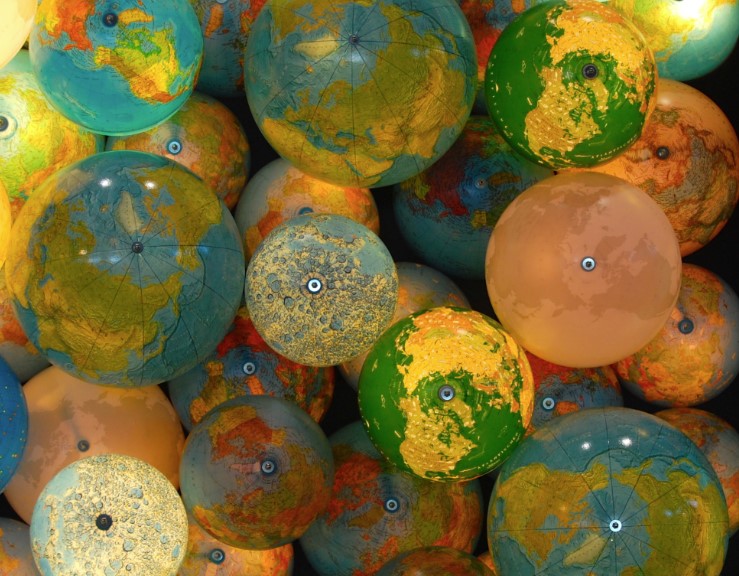
12 Dec GEOPOLITICS IN THE 21ST CENTURY
Understanding the world of the 21st century requires notions of international relations and geopolitics. These multidisciplinary subjects allow us to better understand the complexity of today’s world in which economic factors intersect with political, sociological, cultural and religious factors. In this way, a historical or international relations event is affected not by a single factor but by a multiplicity of causes.
Today more than ever, it is more important to have a transversal, realistic and multidisciplinary knowledge for anyone who wants to understand the challenges and threats of the 21st century and successfully navigate the current times, whether in the public or private sphere. This seminar is therefore of great interest to any professional who needs to understand today’s world, where we are heading. The aim of this seminar is therefore to transmit a basic knowledge of geopolitics and international relations that will give participants the tools to be able to be at the forefront in public or private institutions with a greater understanding of reality, its challenges and threats.
Only a diplomat with a solid academic and professional background can clearly and synthetically transmit the basic aspects of international relations and geopolitics, analysing the main events, triggers and results that make up the global disorder of the 21st century. All of this through a multidisciplinary and all-encompassing approach. In this way, the student will obtain a broad vision of the factors that influence and shape the world of the 21st century.
BEGOÑA OCHOA
– Spanish diplomat.
– Deputy Director Assistant for EU Justice and Home Affairs.
– Head of Service for EU candidate countries.
– Head of Service, Treaties Division.

Skills
1. Students will acquire basic knowledge of history, international relations and geopolitics by learning the fundamental theories of geopolitics.
2. Students will learn to adopt a cross-cutting and multidisciplinary approach to historical events and present them in the field of international relations and geopolitics.
3. Students will adopt an analytical approach that takes into account the complexity of factors influencing the current global disorder.
4. Students will develop the ability to form their own opinion based on data and cross-disciplinary and geopolitical knowledge, understanding the extent to which geopolitics still permeates and conditions international relations.
Schedule
Which dates?
17-nov
24-nov
01-dec
–
–
–
What day?
MONDAYS
What time?
16,30-19,30
